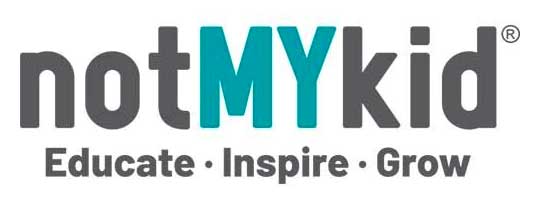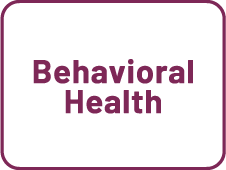In today’s fast-paced and often stressful world, the importance of mental health and well-being cannot be overstated. The demand for effective mental health training programs has risen sharply as more organizations recognize the need to provide their members with the skills necessary to handle emotional, psychological, and social challenges. Selecting the right mental health training program can be a challenging task given the hundreds of options available. This blog aims to provide clear, actionable advice to help individuals and organizations make informed decisions when choosing a mental health training program that aligns with their needs.
Understanding Your Needs
The first step in selecting the right mental health training program is to thoroughly understand the specific needs of your organization or group. Consider the prevalent issues within your community or organization, such as stress management, depression, anxiety, or conflict resolution. An effective program should address these specific issues with tailored content that resonates with the audience’s experiences. Evaluating the current mental health climate can guide you toward a training program that not only educates but also engages participants in meaningful ways.
Evaluating Program Content and Delivery
When assessing mental health training programs, scrutinize the curriculum to ensure it covers essential topics relevant to your needs. A comprehensive program should include a broad range of subjects from recognizing signs of mental distress to practical strategies for fostering mental resilience. Additionally, the delivery method of the program is crucial—whether it’s in-person workshops, online modules, or a hybrid format. Each delivery method has its benefits and limitations, so consider the learning preferences of your audience and the logistical aspects of program implementation.
Checking Credentials and Efficacy
The credibility of a mental health training program often hinges on the expertise and experience of its creators and facilitators. Verify the qualifications and backgrounds of the people behind the program to ensure they have a robust understanding of mental health issues and effective teaching practices. Moreover, look for evidence of the program’s impact, such as case studies, testimonials, or peer-reviewed research that demonstrates its efficacy in improving mental health outcomes. A well-established program with a track record of success offers reassurance that it can deliver tangible benefits.
Considerations for Inclusivity and Accessibility
Inclusivity and accessibility are critical factors in the effectiveness of mental health training programs. Ensure that the program you choose offers materials and methods that are accessible to all potential participants, including those with disabilities or those who might face language barriers. Additionally, a program that emphasizes cultural competence and tailors its content to diverse audiences will likely be more impactful across a broader spectrum of participants.
Choosing mental health training programs requires careful consideration of your specific needs, the content and delivery method of the program, the credentials of the instructors, and the inclusivity of the training. By taking these factors into account, you can select a program that not only educates but also empowers participants to effectively manage and improve their mental health. For over 20 years, we have been providing our community with high-impact prevention education and early intervention programs. Contact notMYkid today to get started with our mental health training programs.




